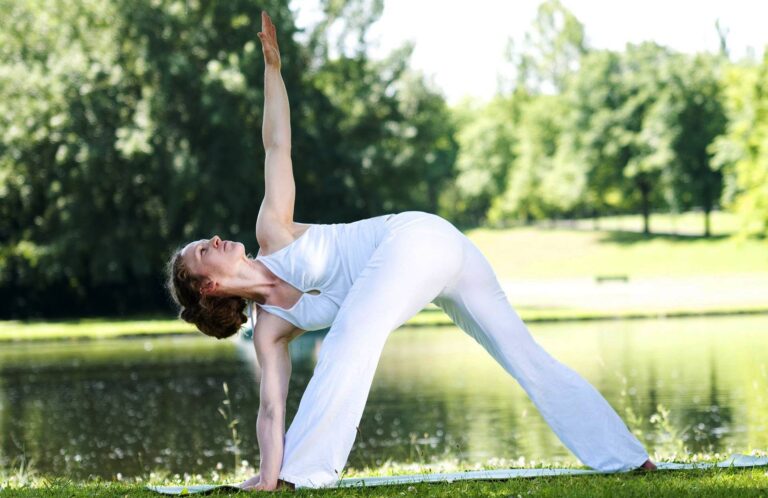Just Tick Tock

Our bodies are built like a clock to keep moving. Tick. Tock. Tick. Tock. The evidence of that is hidden in the way we are structured with approximately 360 joints and 700 skeletal muscles.
With every inch of our body, ready to move, skip, and run, why are we holding it back to just 30 to 60 minutes of exercise per day? In the article, “The Most Underrated Way To Improve Your Health”, personal trainer and kinesiologist, David Liira Kin unravels the simplest yet most effective fitness regime to boost your health. His strategy lies in the simple mantra to just move.
Movement makes you feel better. It is the primary reason why you feel better when you take a stroll in the park or beach after a tiring day at work. Other kinds of general body movements throughout the day, such as gardening, walking, and household chores are all forms of physical activity that provide significant health benefits.
Movement can change the composition of our gut bacteria. Our gut alone is home to 38 trillion bacteria that play a critical role in maintaining digestive and overall health and thus, a loss of bacterial diversity in the gut can increase risk of disease. Exercise is good for you both physically and mentally; Exercise increases the microbiota that produce butyrate, a metabolite that has a host of health benefits, such as improving insulin resistance, decreased rates of colorectal cancer, and reducing inflammation in the gut. The key to a happy and healthy gut lies in fostering movement, just like a clock, throughout every second and minute of the day.
Physical activity is not just exercise for the body, but it is also a workout for the brain. Our blood circulation depends on our ability to move around. This is because our brain is highly dependent upon blood flow to receive adequate oxygen to function and survive. Did you know that the brain uses 20% of oxygen in the blood? As little as 5 minutes without oxygen can cause some brain cells to die, leading to severe brain damage. Regular physical activity acts as a fuel for our brain and improves the function of existing blood vessels to ensure that an adequate supply of oxygen is available for normal functioning of brain tissue.
The most important miracle of physical activity is happening inside our brain where we cannot see it. Movement has a profound influence on the structure of our brain and helps preserve brain function and boosts brain health. Any form of physical activity helps our brain blossom by increasing levels of a protein called brain-derived neurotrophic factor (BDNF) that acts like a fertilizer in our brain, helping new cells grow and forge better connections.
A study conducted at the University of California, Los Angeles found moving more often does wonders for our mental health too. “Higher physical activity promotes a healthier microbiome that protects from psychiatric and neurological disorders,” says lead author Michelle Guan, a 4th year medical student at the David Geffen School of Medicine.
Remember that each step counts towards building a healthier and fitter you. Start small by adding microsteps of movement to your routine. Here are some simple physical activities to add to your daily lifestyle:
- Park your car farther away from your home and add in a few extra steps. Mathematically, this is a powerful method. Kin highlights that walking 500m to the carpark can add 1km of walking distance in a day. If there are about 260 workdays in a year, that adds up to 260km of walking (about 161 miles) per year.
- Stand more. Sit less.
- Skip the elevator and take the stairs when you can.
While we all have heard of the famous mantra, “Eat well. Sleep well” to maintain a healthy lifestyle, according to Kin, it is time to refine this mantra to “Eat well. Sleep well. Move often”.
